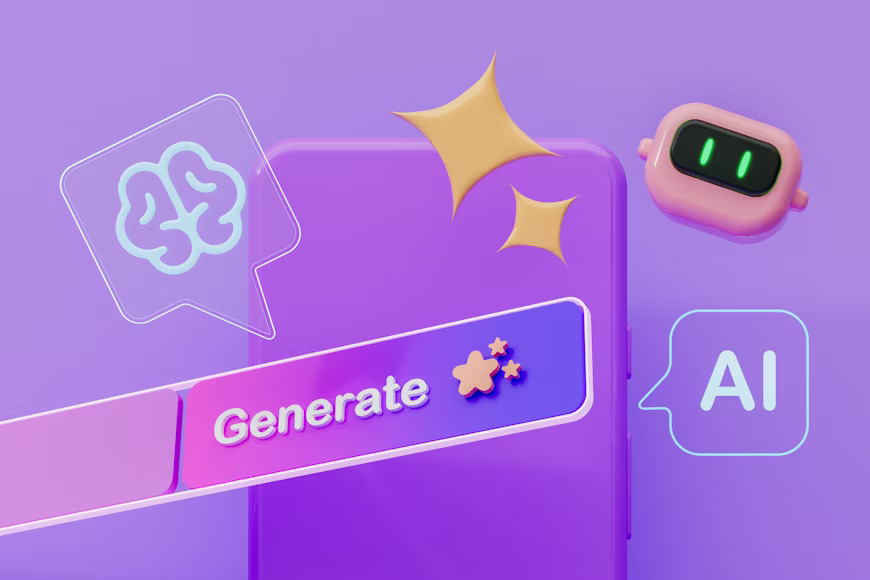Artificial intelligence has rapidly evolved from being a futuristic concept into an everyday tool shaping industries, workplaces, and individual lives. Among the most recognized AI systems today are Google’s Gemini and OpenAI’s ChatGPT. Both platforms are designed to revolutionize how humans interact with machines, but their approaches, strengths, and potential futures highlight different paths in the broader AI journey. For businesses, researchers, and everyday users, comparing Gemini and ChatGPT seo company provides insight into how the AI landscape is likely to develop in the coming years.
Understanding Gemini and ChatGPT
ChatGPT, developed by OpenAI, is a conversational AI model that excels in generating human-like responses to text-based inputs. It is widely used for tasks ranging from drafting emails and creating content to coding assistance and customer support. Since its launch, ChatGPT has become one of the most widely adopted AI tools globally, thanks to its accessibility and adaptability.
Gemini, on the other hand, is Google DeepMind’s next-generation AI model, designed as a successor to its earlier large language models. Unlike ChatGPT, Gemini is being positioned as a multimodal AI system. This means it is not limited to text responses—it can potentially integrate text, images, audio, and even video, creating a more holistic and dynamic AI experience. Gemini’s emphasis on reasoning, factual accuracy, and advanced multimodal capabilities makes it a direct competitor to ChatGPT, while also pushing AI innovation forward.
Key Differences Between Gemini and ChatGPT
-
Multimodal Capabilities:
While ChatGPT has begun integrating multimodal features, Gemini is built from the ground up to handle multiple forms of data seamlessly. This means users can ask complex questions that involve charts, images, or spoken language, and Gemini is expected to interpret them naturally. -
Data and Knowledge Integration:
ChatGPT relies on its training data, combined with plugin features and integrations, to provide updated knowledge. Gemini, being backed by Google’s ecosystem, can potentially tap into vast real-time data resources, enabling it to provide more up-to-date and contextually accurate information. -
Reasoning and Problem-Solving:
Gemini has been designed with an emphasis on advanced reasoning. Google aims to create a system that not only provides information but also solves complex problems with logical explanations. ChatGPT, while excellent in generating content and simulating conversation, sometimes struggles with deeper logical reasoning tasks. -
Accessibility and Ecosystem:
ChatGPT has a broad user base due to its availability through web platforms, integrations, and APIs. It has already found applications in education, business, and creative industries. Gemini, integrated into Google’s suite of products like Search, Workspace, and Android, may have a significant advantage in terms of reach and everyday utility.
Strengths of ChatGPT
-
User-Friendly Design: Easy to use for anyone, regardless of technical knowledge.
-
Proven Versatility: From creative writing to code debugging, it serves multiple industries.
-
Community and Developer Support: Its open API has fueled rapid adoption across businesses worldwide.
-
Strong Conversational Skills: It remains one of the most natural-sounding AI models for dialogue.
Strengths of Gemini
-
Multimodal Interaction: Combines text, images, and audio to provide more comprehensive responses.
-
Integration with Google Tools: Seamless use within Google Search, Docs, and other services could make it indispensable.
-
Emphasis on Accuracy: Expected to minimize errors and provide more reliable factual information.
-
Future-Proof Development: Designed with scalability and advanced reasoning in mind.
Potential Challenges
Both platforms face challenges as they evolve. ChatGPT must continue improving its factual reliability and expand its multimodal capabilities to stay competitive. Gemini, while promising, will need to prove itself in real-world applications and overcome concerns about privacy and dependence on Google’s vast data systems. Ethical considerations, data security, and AI misuse remain concerns for both platforms.
The Future of AI: Competition Driving Innovation
The competition between Gemini and ChatGPT will likely accelerate innovation in AI. Users can expect faster progress in areas such as:
-
More natural human-AI collaboration.
-
Improved accuracy and real-time data integration.
-
Seamless multimodal capabilities.
-
Industry-specific customization for healthcare, education, finance, and more.
For businesses, this rivalry means access to increasingly powerful AI tools. Brisbane-based startups, for instance, can use ChatGPT to generate marketing content while adopting Gemini for advanced data analysis and customer interaction. The synergy between these platforms and their ecosystems will create a more dynamic digital environment where organizations can choose the best fit for their unique needs.
Conclusion
The debate of Gemini vs ChatGPT is less about which AI is superior and more about how both will shape the future of technology. ChatGPT has already proven itself as a trusted and widely used conversational AI, while Gemini promises a new era of multimodal and highly accurate reasoning-driven systems. Together, they represent different but complementary visions of artificial intelligence. The real winners will be the users and businesses who can leverage both platforms to drive innovation, efficiency, and growth in an AI-powered future.

